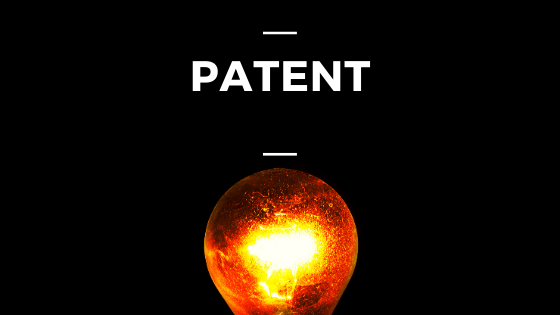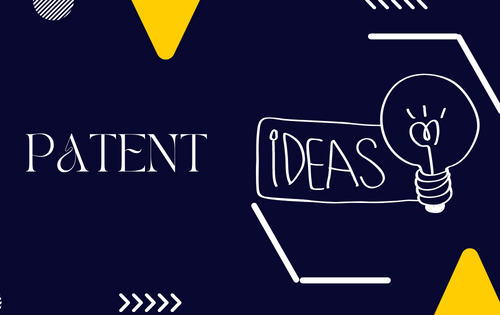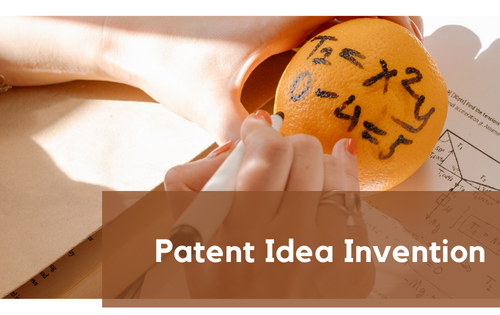
What Can Be Patented
Almost anything can be patented as long as someone can provide proof that an idea, invention or concept is of his or her own creation. Patenting involves getting exclusive rights to the invention or idea from a governing body, which is usually a state, national government or a republic for a specified period of time.
The level and duration of such exclusive rights vary across different countries depending on their national law or agreed treaties. A person seeking to get a patent for something has to give a detailed claim of ownership of the idea or invention describing it in detail and showing its uniqueness to non other in order to qualify for a patent as written in https://www.macobserver.com/why-turn-to-inventhelp-with-your-tech-invention-idea/ post.
A patent and the exclusive rights that come with it can be granted to a person who creates or invents anything new and useful. Patents are generally territorial, meaning that they are only valid in the country or jurisdiction they are granted in. For a multinational patent, a person has to apply for the patent in each and every country he or she wishes to hold the patent in.

The patent can be for any item, product, machine etc.; a non obvious process in a particular field, a new composition of matter or an article of manufacture that is none like any in existence. Also, new improvements to an already existing product or process can be patented by the facilitator of such improvements with regards to the original idea that has been improved.
With the wide range of items and issues that can be patented, sometimes different patents are categorized in set categories to easily distinguish or classify them. Some of the common categories are design patents, biological patents, chemical patents, software patents, and business method patents as described on https://azbigmedia.com/business/why-new-inventors-turn-to-inventhelp-for-support/.
- Design patents are given on the merit of the ornamental aspect of the functional product invented.
- Biological patents are given to inventions or discoveries in the biological field of science which can be a new composition of substances or matter.
- Chemical patents are similar to the biological patents, only that they deal with inventions such as those in the pharmaceutical and chemical industries like new drugs for known diseases.
- Software patents generally go for computer software or programs, but can also include other applications used in other devices such as mobile phones.
- Business method patents are a recent classification of patents for new methods of doing business such as banking, insurance and tax management, among others.




